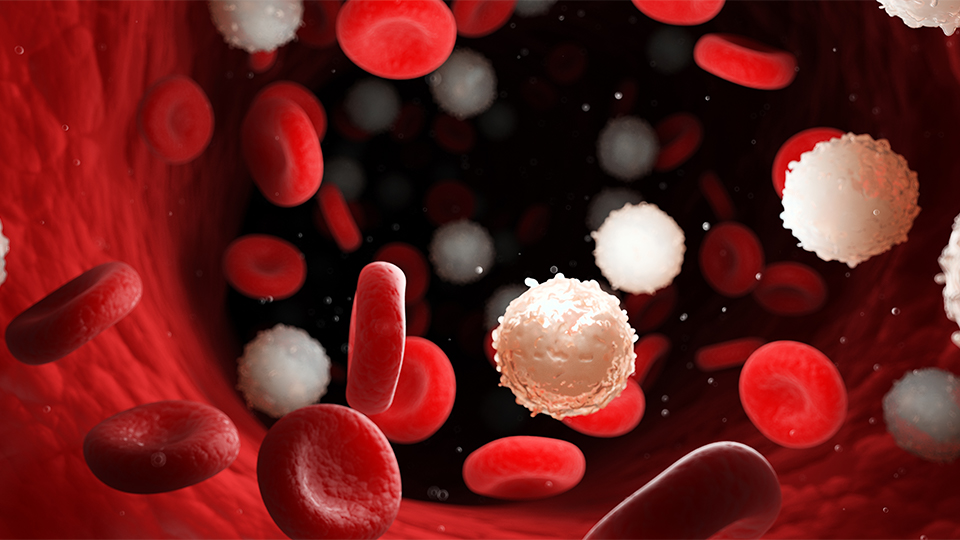Autoimmune cytopenia in intensive care units: what’s new?
DOI:
https://doi.org/10.37051/mir-00241Keywords:
Thrombocytopenia, Hemolytic anemia, Intensive Care, Autoimmunity, AutoantibodyAbstract
Autoimmune cytopenias are rare diseases, especially in intensive care unit. Anemia and thrombopenia are frequent findings in ICU and can be related to different, often multiples causes in the same patient. They commonly reveal underlying undiagnosed associated disease, like infectious, autoimmune diseases or hematological malignancies. Diagnosis of an associated condition is an important issue because specific management can be applied. Managing such diseases in Critical Care can be challenging, because diagnosis work up and treatment frequently need to be made quickly and simultaneously. Apart from general supportive care, cortisteroids remain the first line of specific treatment. Intravenous immunogloubulin, anti CD20 antibodies as well as specific therapies can be also used, whereas as splenectomy takes a lesser place. Platelets and erythrocyte transfusions may be helpful in life threatening situations to “take over the top” waiting for specific therapy efficacy. Evans syndrome is defined as the concomitant or sequential occurrence of ITP and AIHA. Whereas etiological spectrum and therapeutic management are not different, but diagnostic work up must be exhaustive to rule out differential diagnosis.
Published
2024-11-05
How to Cite
Gourguechon, C., Brault, C., & Godeau, B. (2024). Autoimmune cytopenia in intensive care units: what’s new?. Médecine Intensive Réanimation. https://doi.org/10.37051/mir-00241

